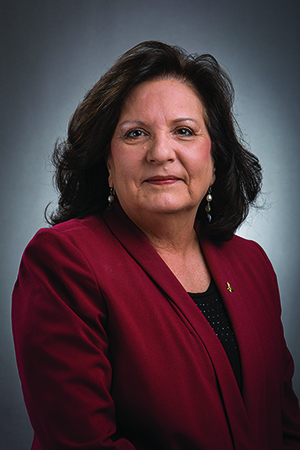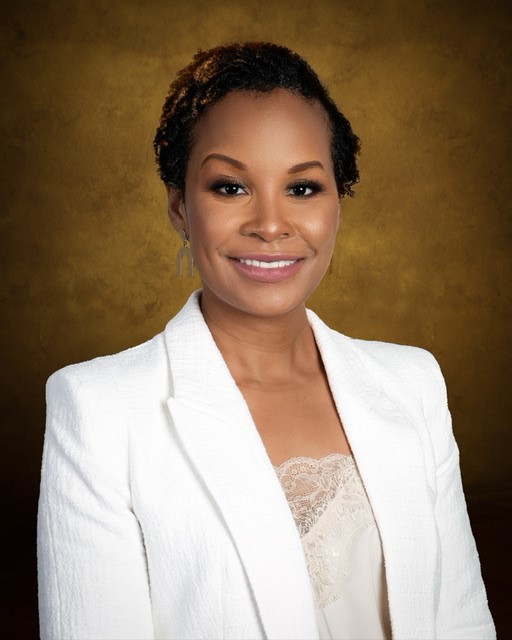Unsung Health Care Professionals Get Top Billing at Knowledge–Management Event
Behind the Scenes, Information Managers Wield Data to Fight Covid-19
By Robert Lewis '14

Health care workers aren’t the only ones to respond when a new virus appears somewhere in the world. Researchers and medical professionals rely on information managers to capture and share new knowledge and information as it is discovered. From there, they use this data to work toward a cure.
The International Conference of Knowledge Management, held Dec. 3–5, 2020, and hosted by NCCU’s School of Library and Information Sciences, drew attendees from around the world virtually to discuss current issues in the field.
W. Ed Hammond, Ph.D., a Duke University professor who originated foundational design and implementation strategies for electronic health records and standards, was the keynote speaker.
Hammond said there is still disconnection in data aggregation across health care sites and countries, with different systems and languages leading to misunderstandings and medical errors. This fragmented data makes addressing large-scale problems like a pandemic more difficult.
“We all need to speak the same language; we need to avoid ambiguity,” Hammond said.
He said major stakeholders in health care need quick, reliable data, and they rely on knowledge managers in ways that aren’t entirely transparent to the public.
Knowledge managers – also known as librarians – are trained in skills for collecting data from multiple resources on extensive topics, digitizing and organizing it, and making it accessible to researchers and others. That’s no small task, and there’s no single roadmap for the massive undertaking.
Health information was just one of the topics addressed as global scholars dedicated to streamlining information-sharing in health care and business took part in the 16th annual conference with the theme “Knowledge Commons in the City of Medicine.”
The conference also addressed subjects such as smart cities, social networking and intellectual capital.

Photography by Chioke Brown.
Deborah Swain, Ph.D., conference chair and an NCCU associate professor, had hoped to showcase in person what NCCU and Durham had to offer, but the conference was ultimately forced online due to COVID-19.
Yet, the relevance of health care data management was not lost on those who attended, hailing from as far away as Bangladesh, Brazil, South Africa and Singapore.
Hammond warned attendees that Americans are overall less willing to participate in data sharing than some other members of the global community, and he urged his U.S. colleagues to encourage more openness.
“Collaboration will bring us down the line much quicker,” he said.
If there is a silver lining to COVID-19, it’s the possibility of change to the clinical community and how that shift will positively affect the future of data and its use in health care, Hammond concluded.








